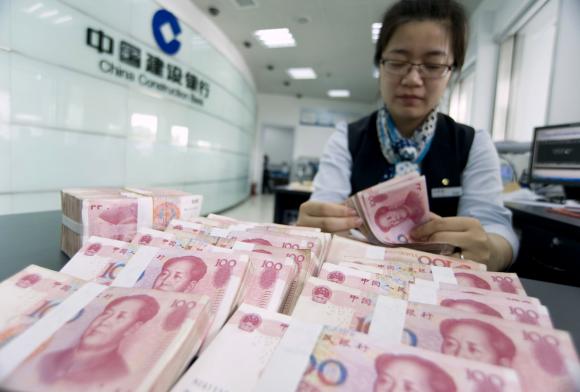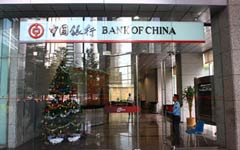 |
|
A clerk counts Chinese 100 yuan banknotes at a branch of China Construction Bank in Hai'an, Jiangsu province June 10, 2014. [Photo/Agencies] |
A flurry of initiatives by China to open up its currency, stock and bond markets inside and outside the country has failed so far to allay international investor concerns about performance, accessibility and liquidity.
China has been working increasingly rapidly to liberalize its capital markets, with the eventual aim of making its currency fully convertible, giving it a larger role in the global economy.
As its markets open up, they can offer a similar appeal to investors to those enjoyed by many frontier markets - an appreciating currency over the longer term and potentially high returns for those willing to take an early punt.
 |

|
But the market has centered heavily around Hong Kong, even though countries such as Britain have made a concerted push to grab a share of this potentially lucrative market.
"The development of a significant secondary market for renminbi (RMB) bonds has yet to happen," a recent survey commissioned by the City of London said.
"There have been major issuances in London ... but the secondary market, after a flurry of activity in 2011 and 2012, has practically ceased," the report added, recommending more discussion between Britain and China on how to boost the market.
Recent developments include the appointment of China Construction Bank as a yuan clearing bank in London, designed to aid liquidity in this market, the introduction of yuan/sterling trading and plans for yuan/won trade in Asia.
China has also expanded its quota system to enable international investors to buy China's onshore yuan, stock and bond markets. Outstanding quotas approached $100 billion last month.
And a Hong Kong-Shanghai stock investment program, due to be introduced later this year, will allow stock trading between the two cities, opening up access to Chinese mainland for international investors with a Hong Kong presence.
